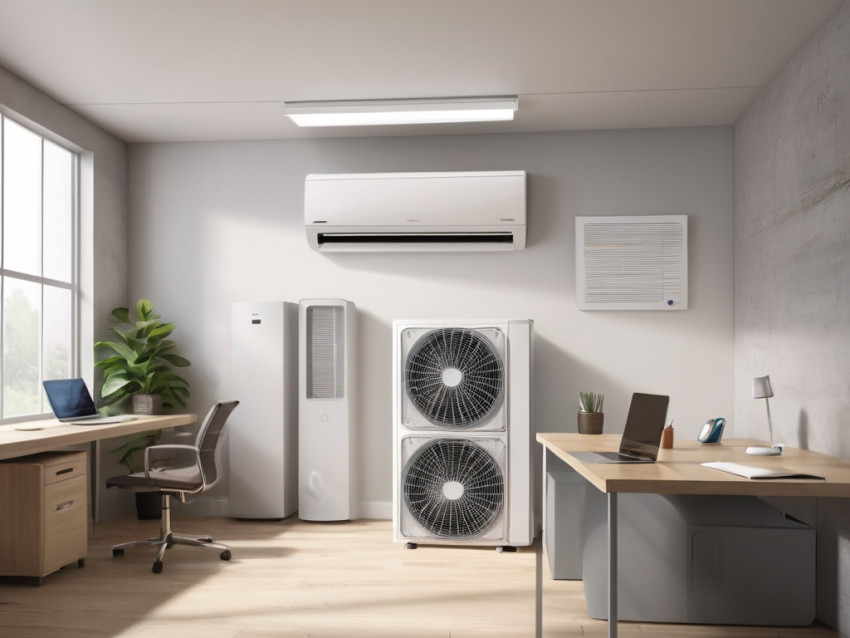
Ever wondered, "Does air conditioning use fuel?" Let's clear the air on this common query and dive into the inner workings of your cooling companion. We'll explore the power behind those refreshing breezes and bust some myths along the way.
Understanding the Basics of Air Conditioning:
Air conditioning is a bit like magic – it transforms warm air into a cool breeze. But the real magic happens in the system's components: the evaporator, compressor, condenser, and expansion valve. These parts work together, powered by electricity, to make your space comfortably cool. The key here is electricity, not fuel.
Power Sources for Air Conditioning Systems:
Your air conditioner's best friend is electricity. It's the spark that powers the compression and circulation of refrigerants, creating that cool air you love. While your electricity bill might go up when the AC is on, it's not the same as using fuel.
Air Conditioning in Vehicles:
Fuel vs. Electricity: Now, let's talk about vehicles. Traditional cars with internal combustion engines do use fuel for air conditioning. The engine burns fuel to power the AC compressor. However, the game is changing with electric and hybrid vehicles. They rely on electricity to cool your ride, not traditional fuel.
Environmental Impact of Air Conditioning Power Sources:
Concerned about the planet? Let's look at the environmental impact. Electricity-powered AC systems contribute to carbon emissions, depending on your energy grid. On the other hand, fuel-driven AC systems in vehicles have their own set of environmental concerns. It's a balancing act, and the future lies in cleaner, greener technologies.
Fuel-Efficient Alternatives for Air Conditioning:
Technology is always evolving to make things better. In the world of air conditioning, we have fuel-efficient alternatives. Inverter technology and variable-speed compressors are like the superheroes of AC efficiency. Smart thermostats and climate control systems also play a role in optimizing energy use.
Myths and Misconceptions about Air Conditioning and Fuel:
Let's bust some myths. First up, your home AC system doesn't use fuel. It's all about electricity. And not all vehicle AC systems rely solely on fuel – electric and hybrid cars are proof of that. Time to say goodbye to these misconceptions!
Calculating the Energy Consumption of Air Conditioning:
Ever wondered how much energy your AC uses? Enter BTUs – the measurement of cooling power. But don't let the numbers overwhelm you. A simple formula can estimate your energy consumption and costs.
Energy-Saving Practices for Air Conditioning:
Let's talk about saving both energy and money. Adjust your thermostat wisely – a few degrees can make a big difference. Regular maintenance is like a spa day for your AC, keeping it efficient. And don't forget about passive cooling methods – shading, insulation, and ventilation can complement your AC efforts.
Conclusion:
So, does air conditioning use fuel? The answer is mostly no for your home system – it's all about electricity. In vehicles, traditional cars do use fuel for AC, but the future is leaning towards cleaner, electric options. Armed with this knowledge, you're ready to navigate the cool world of air conditioning without any fuel-related myths holding you back.



